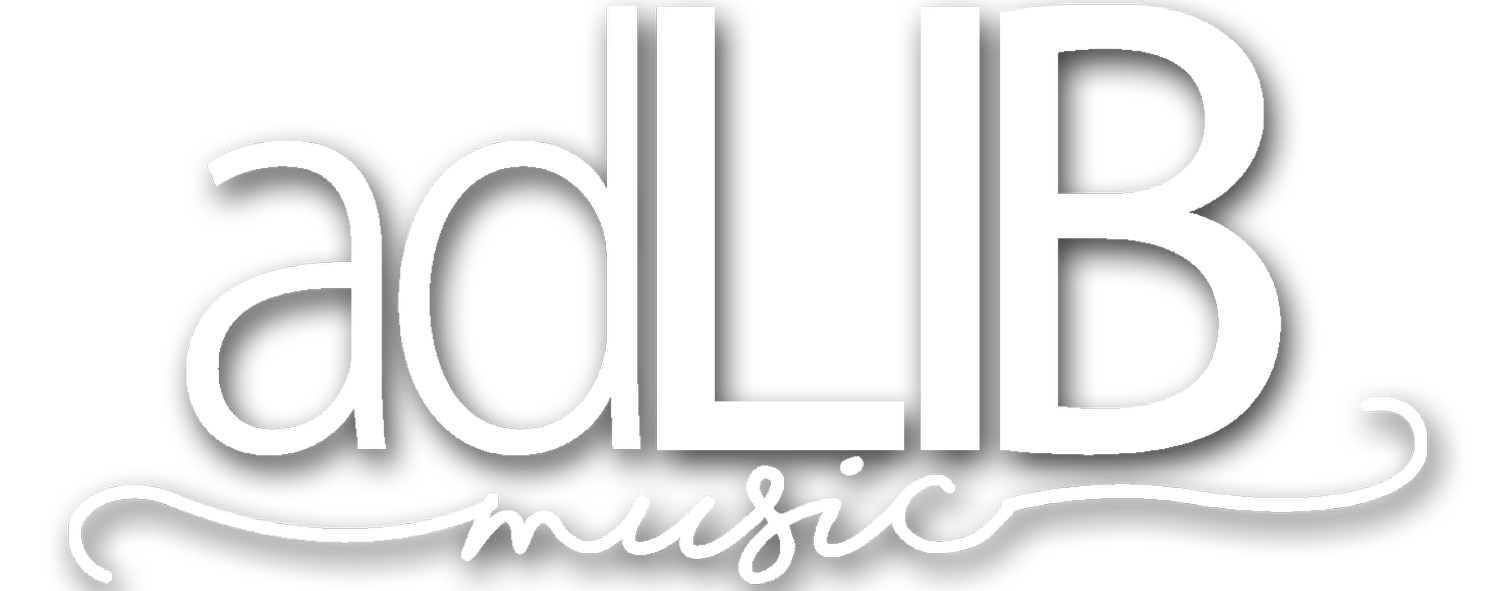A Conversationalist
Have you had a conversation with someone and thought, “I LOVE talking to this person!”?
You laughed, you cried, you felt heard, and you were invited to share your heart with them. It was interesting, and they had something of worth to say.
There was no pressure, but there was energy. You felt safe and drawn from your shell.
And you wanted to talk way into the night. And your cheeks hurt from all the broad smiles.
Those are cherished times, for sure!
Being a great musician is like being that great conversationalist.
We call music a language partly because it’s meant to be a conversation. Musicians have something worth saying but don’t force it on the listener. They respond to each other’s thoughts in a way that adds to the conversation, not just shines the spotlight on themselves.
When you pick up your instrument or open your mouth to sing, listen first. What’s your context? What’s already being said? What are the strong voices and the quiet voices saying? What’s the vibe and tone of things?
Then what can I say that’s of worth, that’s interesting, that would move the conversation forward for the whole group?
I get that many musicians simply play the chords, sing the words, or replicate the recording. Everyone starts somewhere, and that’s ok.
But let’s become students. Listen critically to great music created by great musicians. What makes it transcendent? What effect does each musician’s choice have? Do some deep work and really listen. Get curious.
You can apply many of the same questions you need to ask when you’re in conversations. Does it work to tell a joke, or does it feel insensitive? When there’s a lull (as there are every 7 minutes in a group conversation), do you fill it or let it breathe? Do you take the predominant voice in this part of the conversation (because you’re passionate or knowledgeable), or do you mostly add body language and say little or nothing? Can you share yourself without making it about yourself? Can you bring something interesting without seeing to try hard or look good?
Musically, we listen first and share something interesting next. But here’s where it gets good. It gets personal. You know the feeling when someone plays the part that’s on the recording, but nobody buys it because it feels like a cheap cover band, not a truly personal expression? One of the great joys in music is to put your twist on something. Or said better, to fully own what you’re playing or singing.
Once you’ve gone through the hard work of learning the part “just like the recording” (a necessary disciplined first step), make it count by making it your own. Say it like you can understand it. Interpret it. Proclaim it. With everything you are!
As inspiration, I leave you with lyrics to a Jon Guerra song called “Every Little Song.” (Listen to it here while you read the lyrics.)
If I knew the words you wanted.
If I knew Your favorite tune.
I would practice for a while, and I’d sing a little song for You.
And if my heart was like king David’s, would I know the words to choose?
Would You ask me to Your throne room to sing a little song for You?
And so receive my words.
And so receive my tunes.
They are my best; they are my first fruits
Until I see Your face in heaven’s great, great view.
These little songs are what I have for You.
They are the best that this little child can do.
So for now receive my heart through every little song.
-Dave Helmuth
(purchase my book, "Worship Fertilizer: (the first hundred)" HERE)
A Conversationalist (Nº 335)

